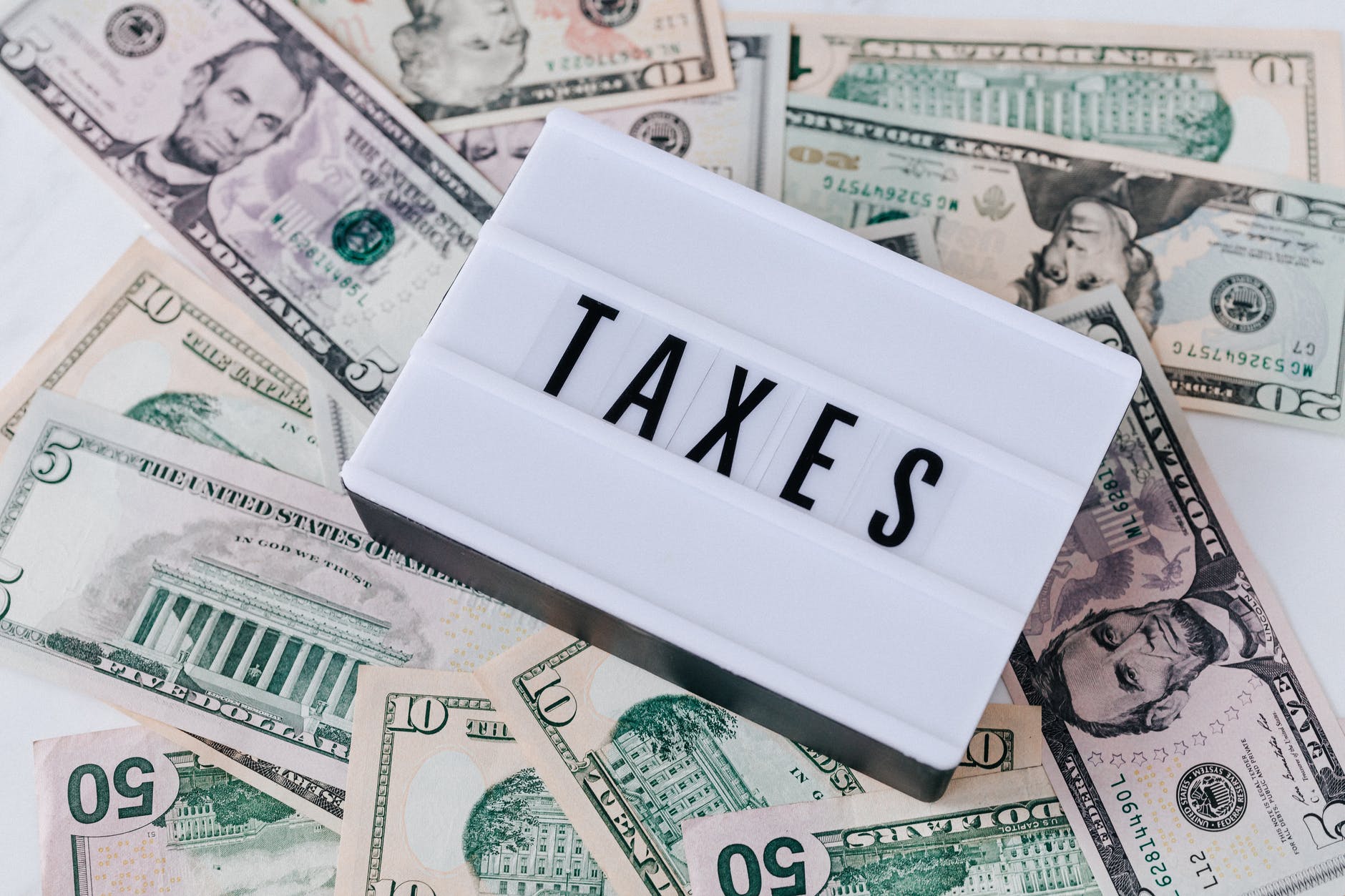
White collar crime isn’t just insider trading and money laundering. There are a lot more crimes that qualify as white collar crime. This is especially important to know in Utah because Utah was the first state in the U.S. to create a public white collar crime offender registry. It works like a sex-offender registry, where users can view who has been charged and convicted in the past ten (10) years of certain white collar crimes.
Below are 9 crimes that could land you in trouble with the law but also on the white collar crime registry.
The simple definition of bribery is giving someone something of value to get them to do something for you. But under Utah law, bribery also extends to indirectly giving any benefit to someone with the intent to influence anything from a vote to an opinion.
This specific type of fraud occurs when someone knowingly tries to deceive an insurance company or person. This can be a crime of commission (giving false or misleading information to an insurance company) or a crime of omission (leaving off relevant information on an insurance form).
This type of fraud has become increasingly popular with the prevalence of digital communication. Communications fraud could be any scheme to obtain money or anything valuable from another person under false pretenses. This could be something direct like lying about who you are or promising something you don’t intend to give in exchange.
Depending on the situation, forgery could be something as simple as signing someone else’s name, or something more complex like altering the contents of a legal document with the intent to defraud a person or business. Forgery could also be lying about the authenticity and value of something like a painting or work of art and selling it.
Using public money for personal gain is commonly known to be a fraudulent activity, but the Utah code also specifies that this crime includes things like loaning public funds or property to another person, keeping a false account of public funds, or even losing possession of money or property you are responsible for.
While there are large-scale environmental crimes like oil spills, environmental crimes are also things like unlawfully disposing of hazardous materials, improperly using pesticides or toxic chemicals, or polluting water sources.
This is a fancy way of describing a whistleblower situation where an employee helps with a lawsuit against their employer. If you own a business and one of your employees suspects you may be defrauding the government, they can work with a prosecutor and potentially benefit from the lawsuit.
The laws around tax crimes are broad and long. Of course, refusing to pay a tax is a crime, but even if you intend to pay a tax, there are plenty of timelines you must follow. If you miss a deadline, you may be charged with a tax crime like tax evasion.
After Enron falsified their financial statements and committed fraud against their investors, Congress passed the Sarbanes Oxley Act (SOX). SOX created strict rules and increased penalties for violations. In addition to rules about defrauding investors, SOX also specifies other requirements like rules about storing and maintaining records. So even if you aren’t knowingly defrauding investors, you may find yourself in hot water if you don’t store records correctly, including digital records.
If you have questions about white collar crimes or the crime registry in Utah, the expert defense lawyers at Brown, Bradshaw & Moffat in Salt Lake City can help. We have decades of experience navigating the laws and regulations around white collar crimes in Utah.
Call us today at (801) 532-5297 for a free consultation. We are ready to help with questions about your case or a loved one’s case


